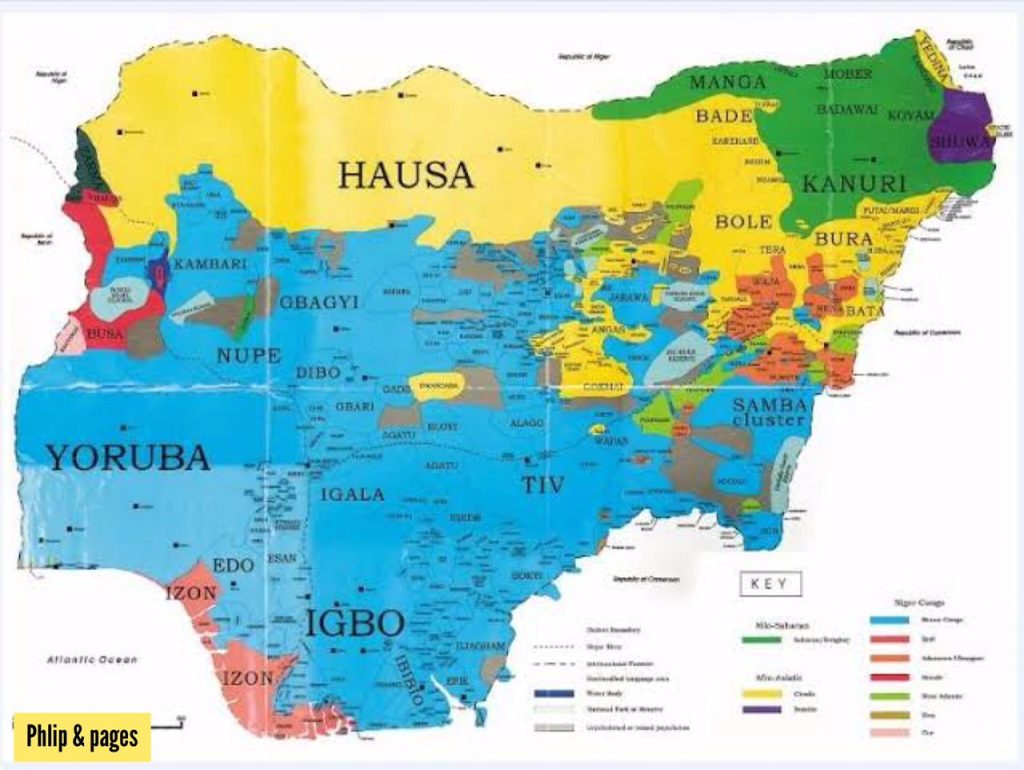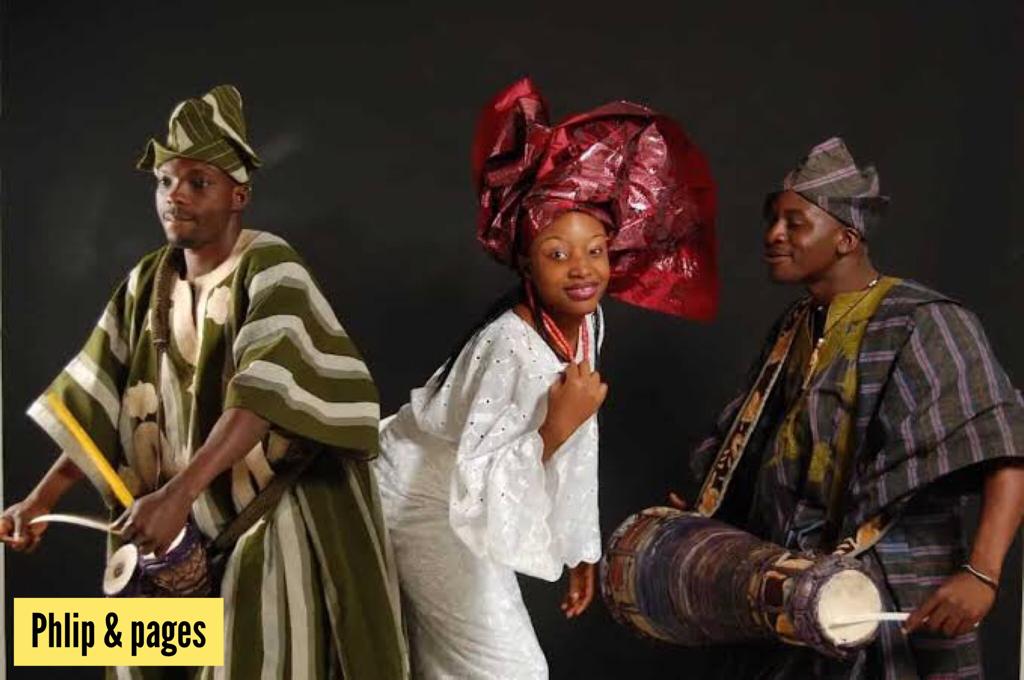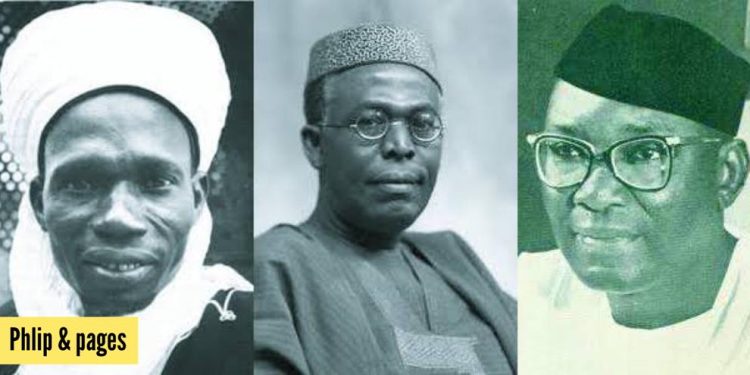Nigeria is a country with over 250 ethnic groups, each with its unique culture, language, and traditions. Ethnic diversity is often seen as a source of strength; however, it has also been the root cause of conflicts and tensions in Nigerian politics.
Challenges:
One significant challenge associated with ethnicity and identity politics in Nigeria is that it creates divisions among people based on their ethnic or religious affiliations. These divisions have led to violence across the country resulting from misunderstandings reflecting deeper structural changes underway throughout entire nation aimed at bringing about positive transformation benefiting individuals communities alike! Moreover, political leaders often exploit these divisions for personal gain by promoting policies that cater to certain groups while marginalizing others thereby creating further rifts amongst different segments society reflective changing realities emerging ahead us all around today too!

Another challenge is that identity politics can lead to a lack of national unity or sense of belonging among Nigerians. This lack of unity can impact negatively upon development outcomes especially amongst poorest segments society whilst benefiting only few at top echelons pyramid leaving majority deprived off opportunities bring about positive changes within their communities reflected through higher poverty rates low human development indices observed nationwide! It leads to a situation where people identify more strongly with their ethnic group than they do with the nation as a whole.
Prospects:
However, there are prospects for overcoming these challenges associated with ethnicity and identity politics in Nigeria. One approach could be through strengthening institutions responsible for ensuring accountability & transparency while promoting gender equality & inclusion thereby empowering both male female youth take up leadership positions within governance structures reflective new realities emerging ahead us all around today too! Another approach could involve promoting inter-ethnic dialogue aimed building bridges between different groups fostering greater understanding respect towards one another thus reducing potential conflict situations arising from misunderstandings caused by differences prevalent throughout societal norms cultural practices etc.; this would promote peaceful coexistence conducive towards sustainable socio-economic transformation benefiting individuals communities alike!

Moreover, there are opportunities presented by Nigeria’s ethnic diversity. It provides a unique opportunity for the country to showcase its cultural heritage and traditions through tourism thereby creating wealth generation opportunities while promoting growth development agendas aimed bringing prosperity one step closer than ever before possible otherwise achieved under same circumstances prevailing earlier upon which interventions need be done differently now reflective changing global trends emerging ahead us all around today too! By celebrating diversity and promoting national unity, Nigerians can build a stronger sense of identity that transcends ethnic or religious affiliations.

In conclusion, ethnicity and identity politics pose significant challenges to national unity in Nigeria. However, with effective policies programs aimed at addressing these issues whilst building capacity amongst younger generations who may lack knowledge or resources necessary compete effectively against incumbents otherwise prevailing upon reflecting new realities emerging ahead us all around today too!,there are prospects for overcoming these challenges and fostering greater understanding respect towards one another thus reducing potential conflict situations arising from misunderstandings caused by differences prevalent throughout societal norms cultural practices etc.; this would promote peaceful coexistence conducive towards sustainable socio-economic transformation benefiting individuals communities alike!
















